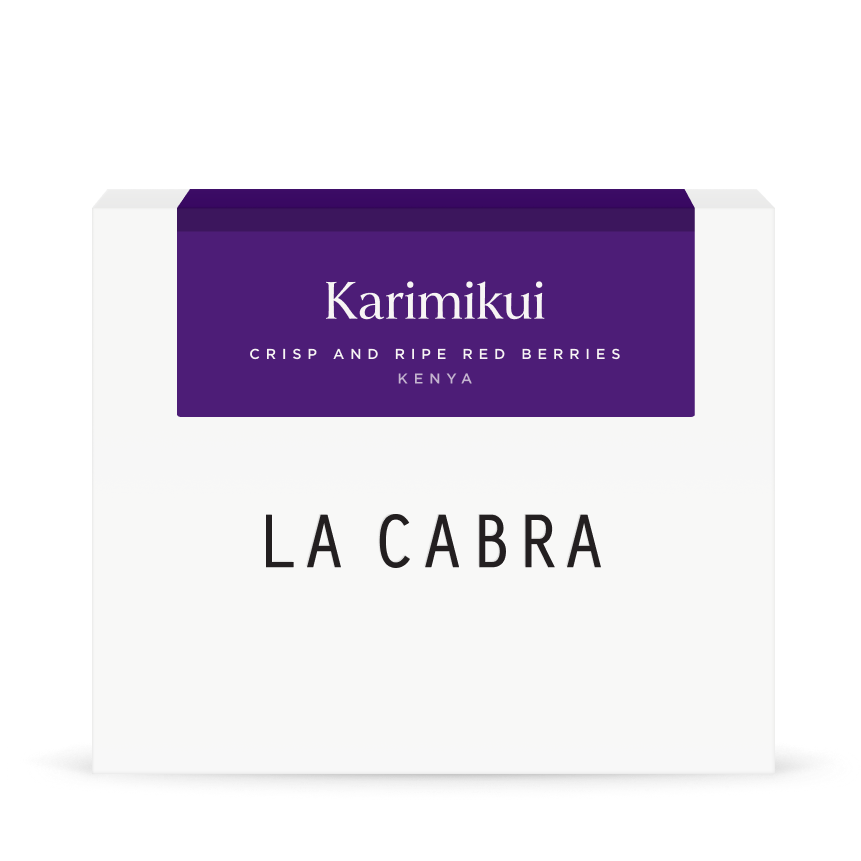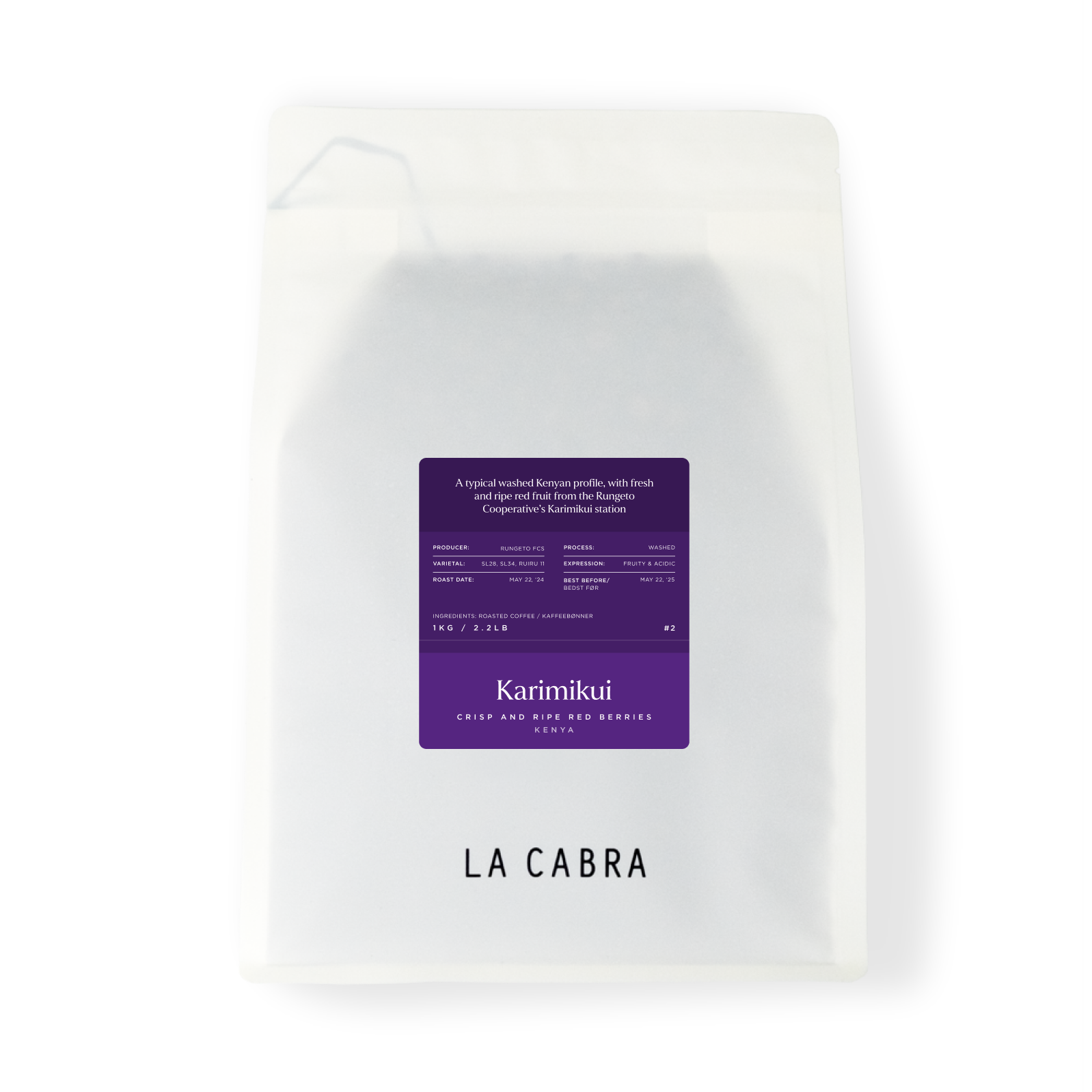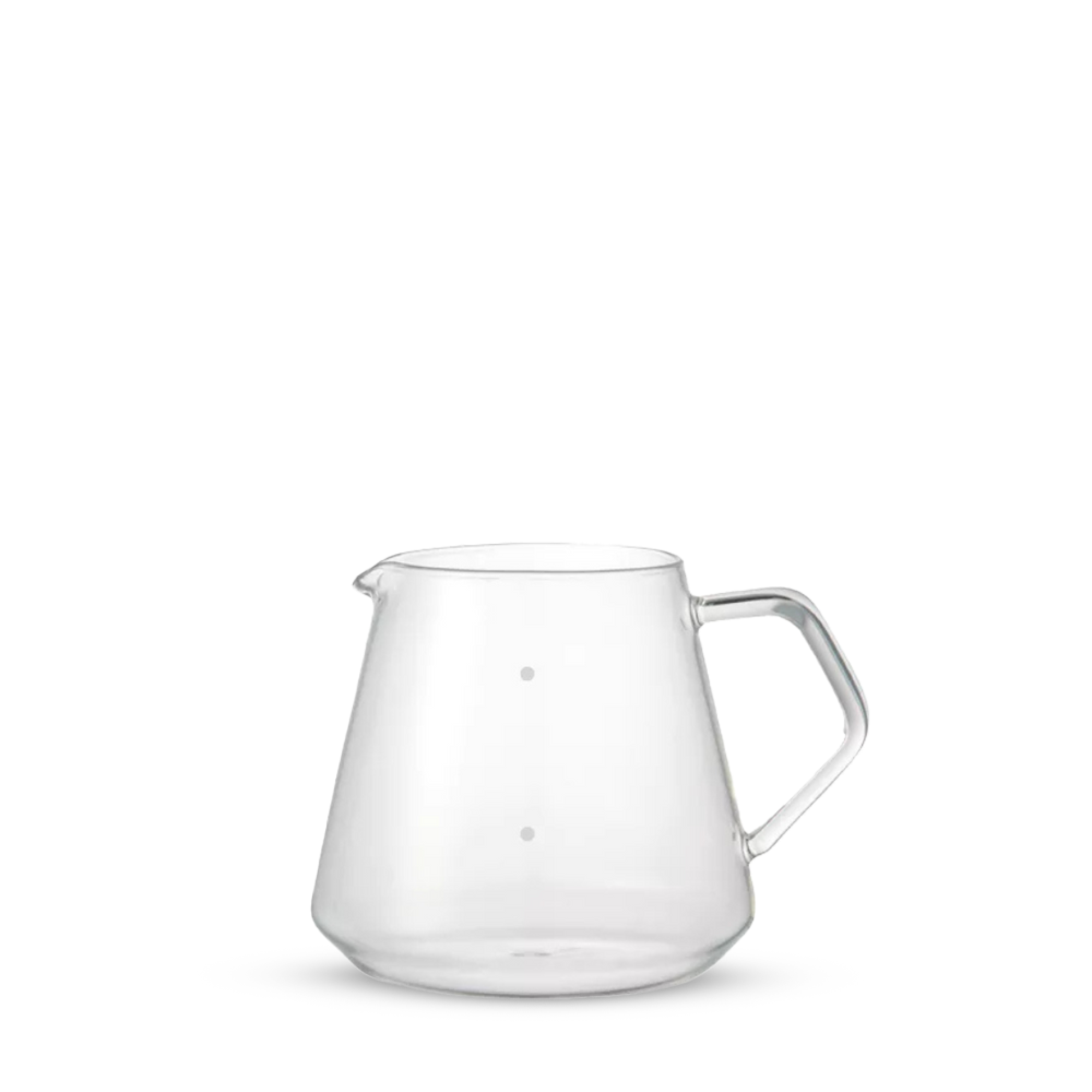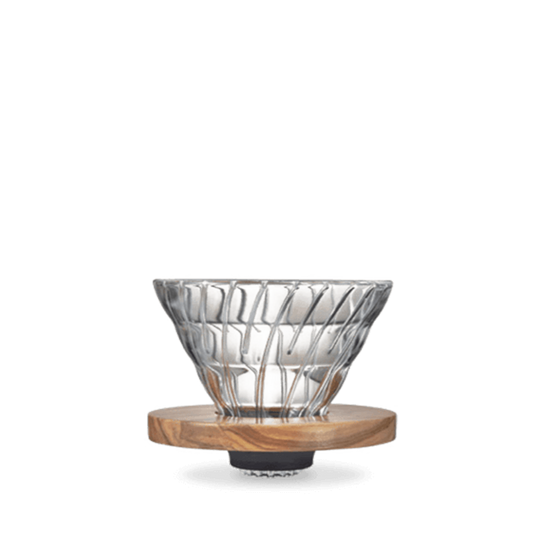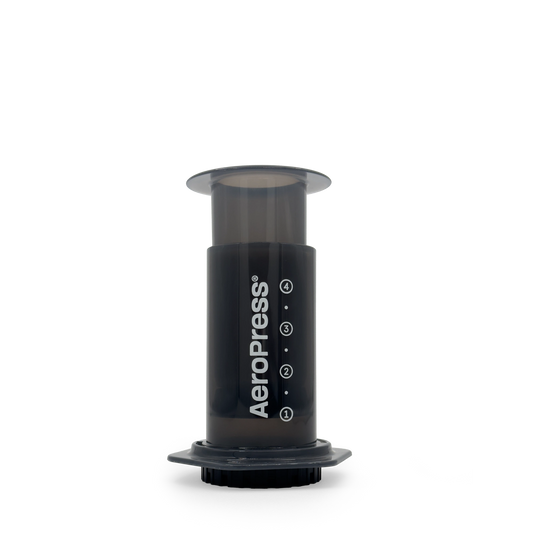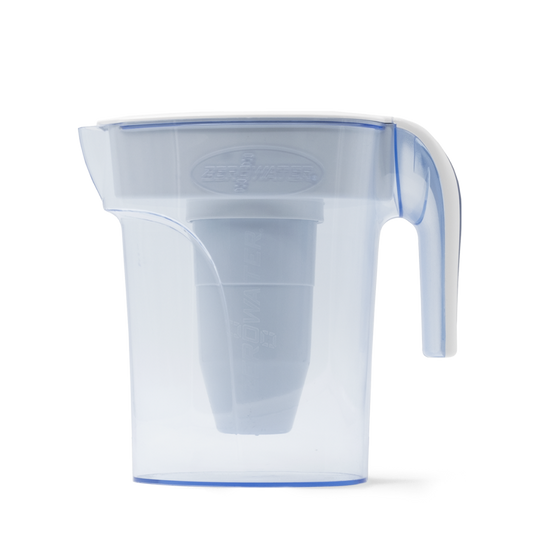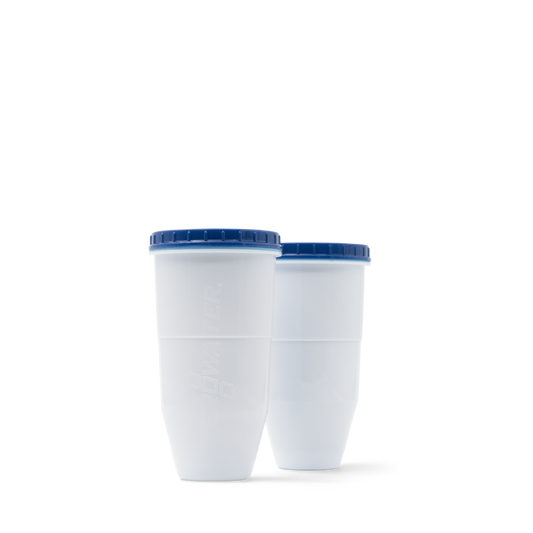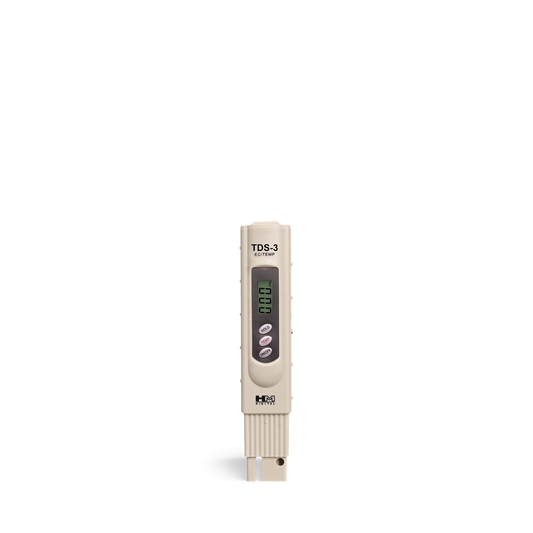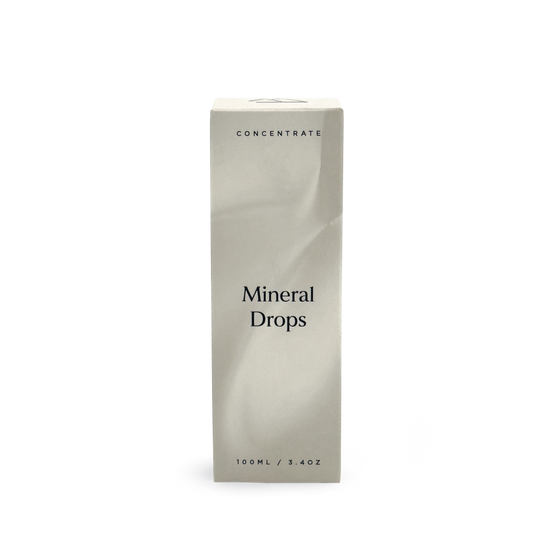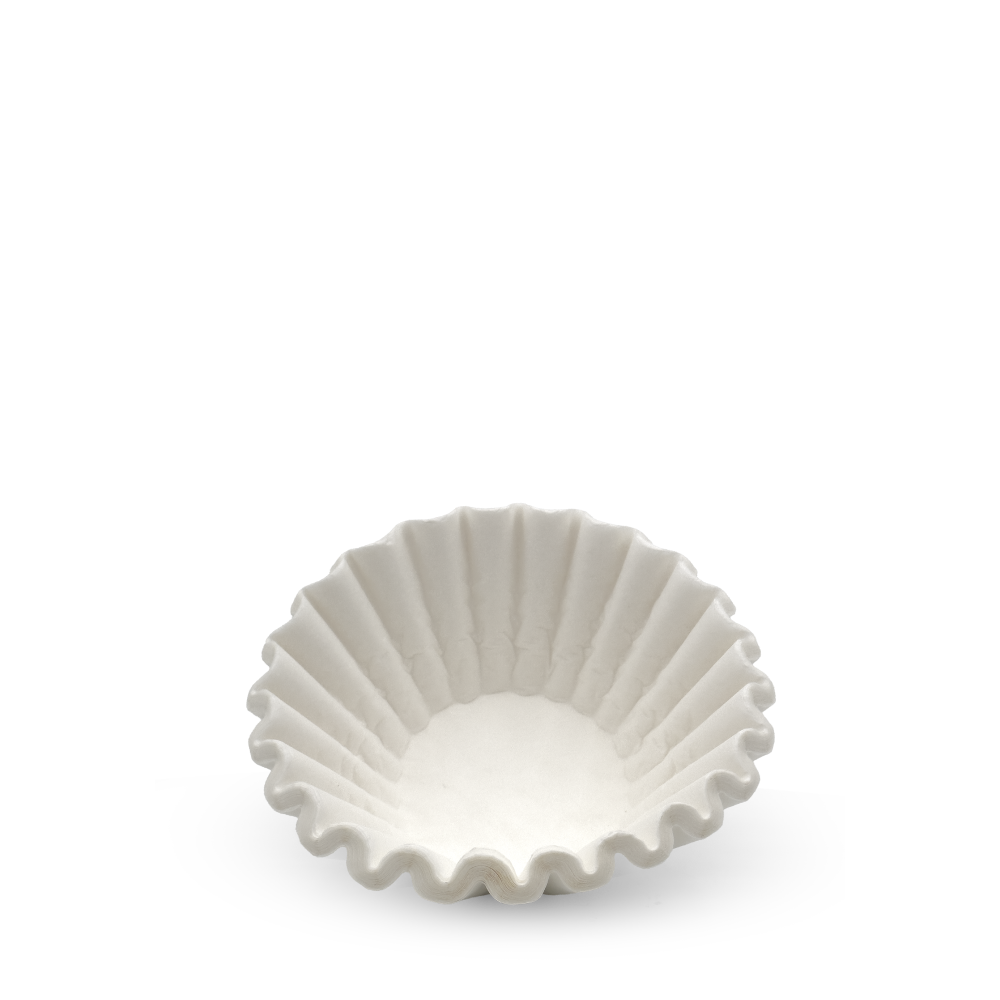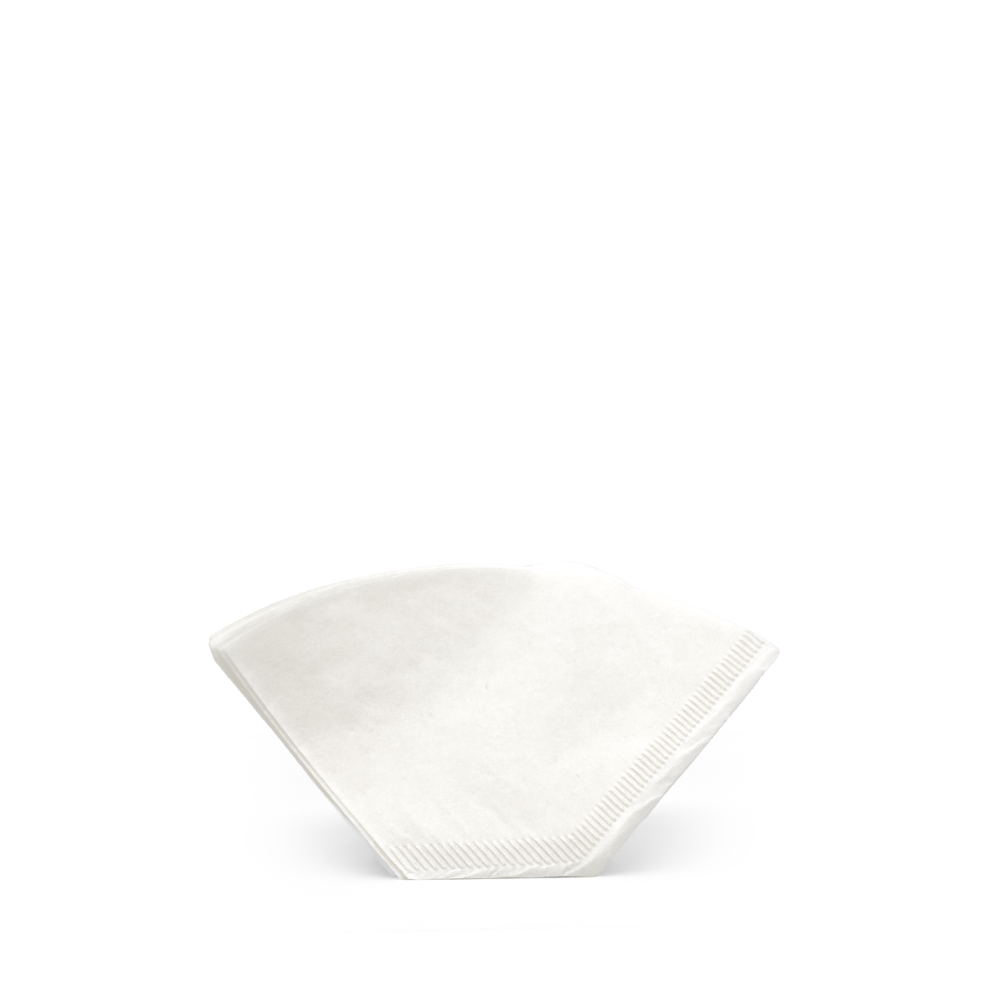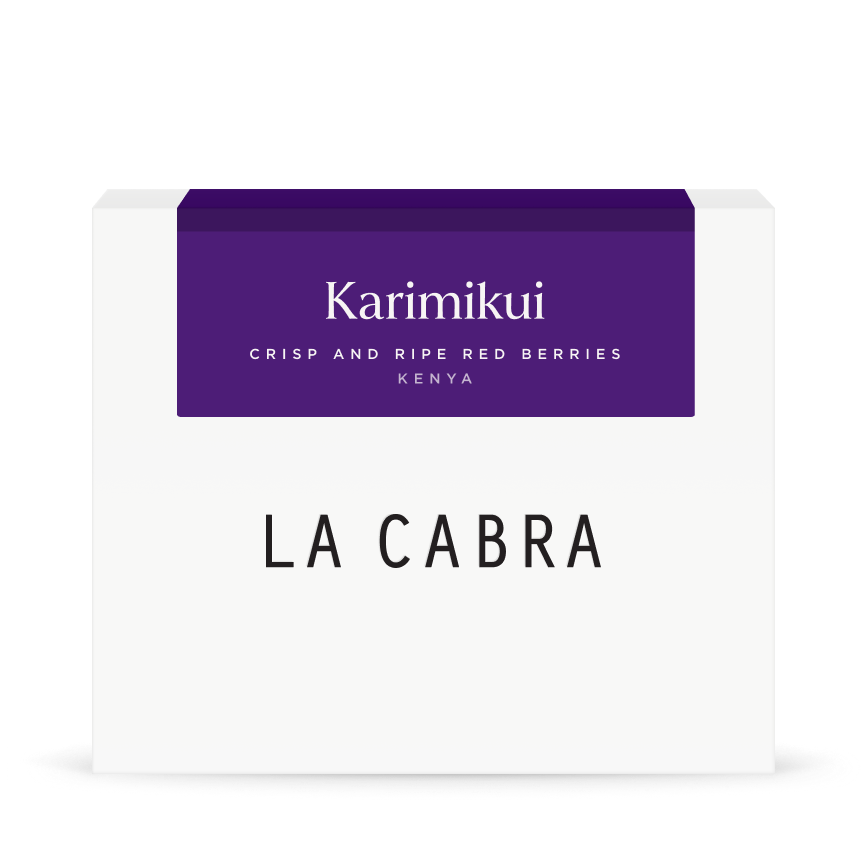
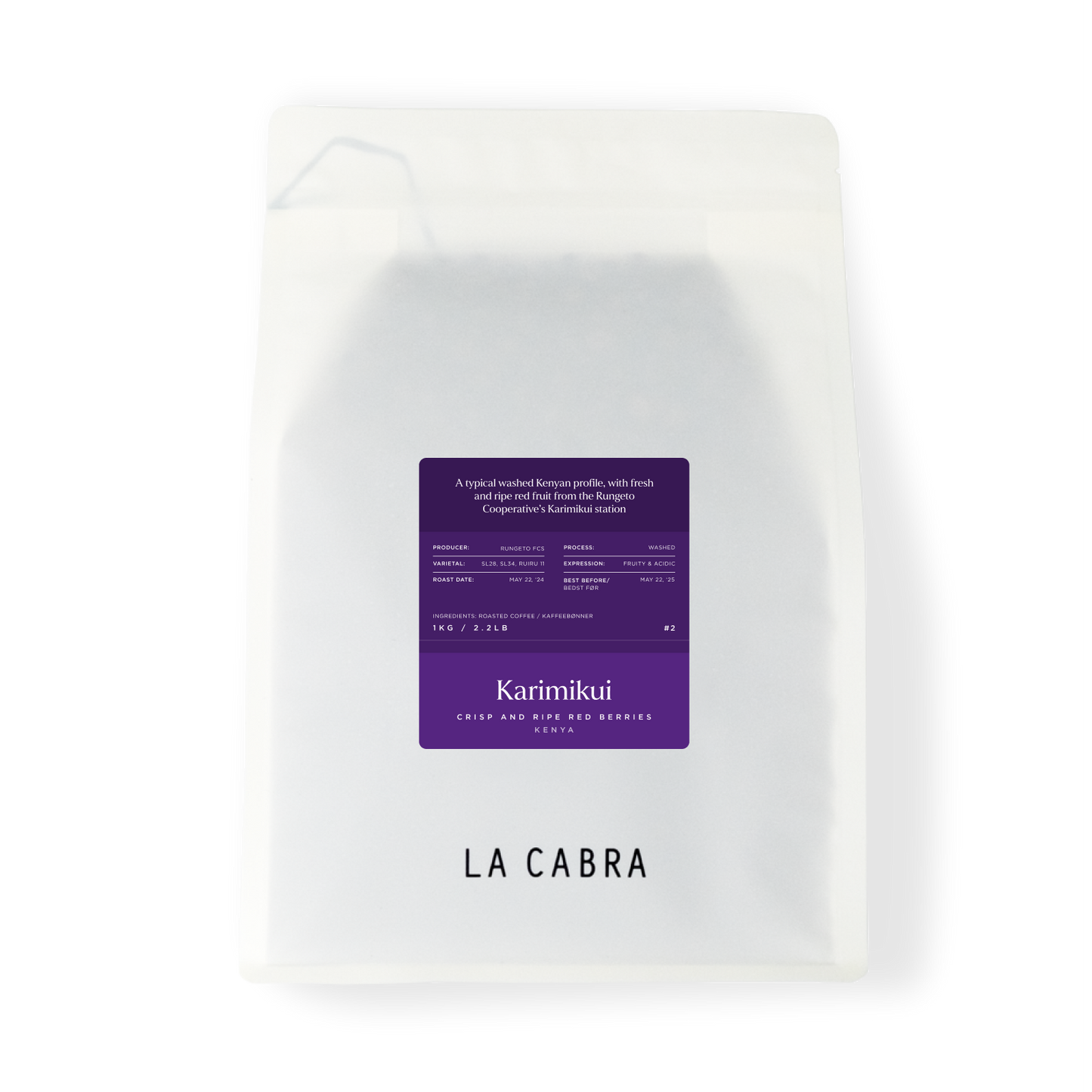
Karimikui
The small region in Kirinyaga that the Karimikui mill serves, surrounding the village of Ngariama, is mainly a tea-growing area, so most of the coffee plant stock is rather new. The region is known for very high quality of both tea and coffee; being planted somewhat later than neighbouring regions means soils haven’t been tired out by years of conventional agriculture, with its sprays and chemical fertiliser. We have visited the region several times, most recently in February of this year. Here, it is clear to witness the density of both coffee and tea plantation in the lush green landscape, enabled by the rich volcanic soils, relatively undisturbed by intensive conventional agriculture.
North Eastern Kirinyaga is home to some of our favourite Kenyan coffees; Karimikui is run by the Rungeto Farmer’s Cooperative Society, who also own the Kii and Kiangoi stations, where we have purchased several lots in the past.
-v1726227731889.jpg?900x1125)
-v1726227735027.jpg?1200x800)
After our visit, and after many cuppings back in Nairobi, we have chosen to focus our work this year with Rungeto, and will share several lots from their stations in the coming months.
Rungeto FCS
We visited the Rungeto team on our trip this year, meeting the board and touring each of the stations. This year was rather difficult in Kenya, with big changes in milling regulations leading to coffees moving out of the country slowly, and weakening direct relationships which had existed for many years. The Rungeto board dealt with the situation quickly and pragmatically; their coffees were some of the first to be milled in Kirinyaga, ensuring quick and fair payments to their members.
The Rungeto cooperative is very professionally run; their cherry selection, fermentation, sorting and separation is of incredibly high quality, leading to excellent coffee. The cherries are first de-pulped mechanically, as soon as they arrive at the factory. Hereafter the cherry go through a 'double soak', a popular method in Kenya and useful not only for enhancing the cleanliness and intensity of the final cup, but also as a second opportunity to sort for lower density floating seeds, as these are often of lower quality, or from unripe cherries. Each lot that is processed is kept separate throughout the process, allowing each to be cupped separately.
-copy-v1726227733018.jpg?900x1125)
Also near to Ngariama are the Thirikwa cooperative, who own Gakuyuini, and the New Ngariama cooperative, who own Kamwangi, Kainamui and Kiamugumo, also names very familiar to us at La Cabra.
This tiny area continues to impress with its quality, much of the area was planted with coffee just before the rise of hybrid varietals in Kenya, meaning that 99% of the farmers that deliver to Kii grow SL28 and SL34, with only about 1% using rust-resistant varietals like Ruiru 11 or Batian.
This lot from Karimikui is tasting crisp and fresh, with ripe currants emanating from the cup, alongside a fresh and juicy sugarcane character.
-v1726227736994.jpg?900x1125)


